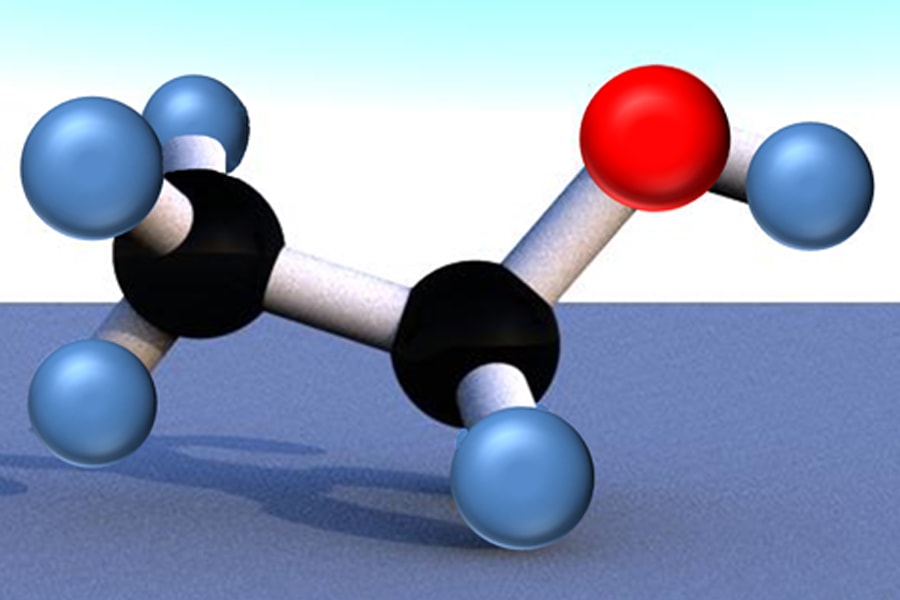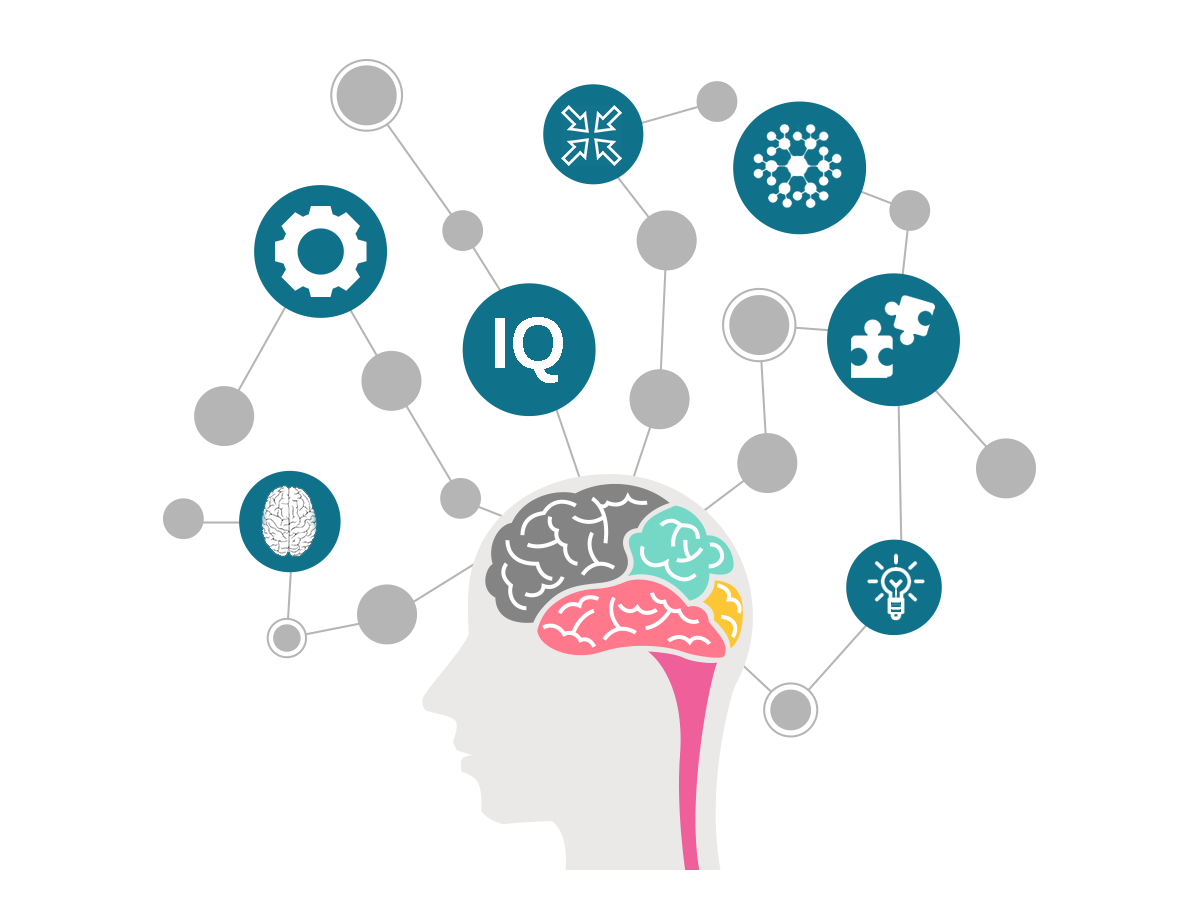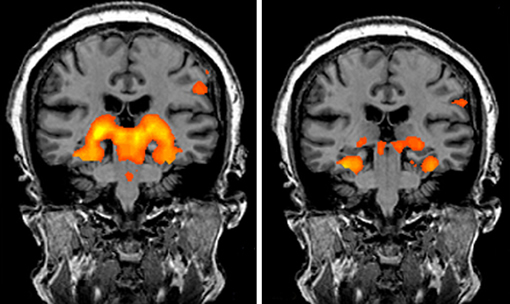Our brain is a complex structure. Exercising it is important for its growth and development, and in turn our own. Everyone of us here, have someday thought of mastering our memory skills and wanted to have photographic memory. At the same time, we people are bit lazy towards striving for that. Then, why am I writing this all? Because, after reading this, many of you will start working to improve your capabilities using organic chemistry.
Yes!! Organic chemistry. Study of different properties, structures and compositions, reactions and many such things of carbon-containing compounds is included in this branch of chemistry. Most of the students have common hatred for chemistry subject. One of the major reasons for that is because they don’t like to study organic chemistry. Not only amongst students, but to anyone you may ask that why you hate science as a field of study, many of them would say because of chemistry, and majority will answer that it is because of organic chemistry.
So why is that? Is it too hard? Is it not appealing to their brains? They don’t like to study Organic Chemistry?
Well questions are many, reason is one. Organic chemistry involves logical reasoning for the understanding of the reactions, as well as test learner’s memory for remembering names, properties and structures of compounds (and many-a-times drawing skills too 🙂 )
Because of this, not all find organic chemistry very interesting and feel hard to study. Many of them leave it or ignore it, while focusing on physical and inorganic chemistry.
But what if I tell you that, ignoring organic chemistry can be a big mistake of yours while learning chemistry!! Yes, researchers and Psychologists at Carnegie Mellon University have proposed a new study, which clearly reveals that studying organic chemistry can actually surge, cultivate and develop learner’s brain skills and memory. They have presented deductions that state, there were changes in memory related areas of brain by learning scientific information. Also, changes were observed due to encoding of new information in those areas. With this, changes were also seen in network nodes that jointly contain new information and in its coordination.
How and What did they do?
Professor of psychology, Timothy Keller, selected nine students who have not taken chemistry majors. He taught those students the names and molecular structure of nine organic compounds. While doing this, those students were in MRI scanner.

Among these nine organic compounds, one was ethanol. Above is the ethanol molecule, where black spheres are carbon atoms, red is oxygen atom and blue represent hydrogen.
Based on different types of imaging and research, professors saw that there were three types of changes in the brain, and those changes were occurring all in the same area.
The three changes in brain from organic chemistry:
First:
Very first method was based on the previous studies of brains on a mammal called rodent. It involved diffusion-based imaging method. It was also used on rats, which showed that when they developed their brain, there was decrease in water molecule diffusion in their brain.
When this imaging method was applied on humans, who were learning new knowledge here, revealed somewhat similar. There was decrease in the diffusion of water molecules in the CA (cornu ammonis) portion. This is located in the left hemisphere of hippocampus.
Chill!! Its biology. Simply this part of the brain is associated with the primary memory. It is also responsible for processing of long-term memory and emotions.
/hippocampus_brain-5783df885f9b5831b5cee889.jpg)
This is image showing position of hippocampus in the brain (if you are interested so much!! 😊). So, changes in that part, where water molecules slow downed, indicated that tissues in those students’ brains were changing. This could be possible due to synaptic changes.
Second:
Second was somewhat interesting. When we imagine, think or remember something in our mind, there becomes unique representations or neural signatures in the brain. These representations and signatures can be identified by functional magnetic resonance imaging (fMRI). They used machine learning techniques to detect any individual’s brain activation pattern. From these patterns, it could be found that among which of the nine compounds was participant actually thinking of. Interestingly, these deductions were obtained from that same 1.3 cm2 area hippocampus where water molecule motion was previously observed. This clearly defined that, the tissue changes have occurred.
Above image shows fMRI scans of people remembering something. Left image is of hippocampus of a stronger and healthy cognitive impairment. While, right is of mild cognitive impairment. Thus, it shows that this type of training can improve memory and brain activity.
Third:
The third and final change that was seen in the brain, was surprising and beneficial. Intraparietal Sulcus (IPS), is the part of brain that support visualization of 3-D structures. In this change, apart from hippocampus, this part of brain was also involved. As a change, it was observed that there was increase in the synchronization of activity in that same region of hippocampus (which was previously took in consideration) and in IPS.
From this change, it indicated that brain collectively improves coordination in representing multiple facets of concepts at the same time. This way, third change was really fruitful and showed activity in regions of brain.
Conclusions and Merits in Brain Memory from Studying Organic Chemistry:
Basically, these observations majorly indicated evidence of micro-structural, informational and network change in parts of brain during learning organic chemistry. From these deductions, improvement can be done in the effectiveness of teaching and learning science.

(image: CHRIS MADDEN CARTOONS)
For a better approach, neural signature and representations of a new student can be taken into consideration. They can be compared to those of a successful advanced student. From comparisons, it could be possible to determine neural similarities indicate accurate predictor of academic mastery of concepts or not.
Thus, improvising your organic chemistry skills can upgrade you brain skills and memory to an extent and can be really helpful. Also, not just organic chemistry, but chemistry as whole science can be incorporated to improve basic skills and knowledge.
So, now onward you better not ignore fundamentals of and in your life.





[…] “The more often a memory is recall or look back on, memory sets off as encoded in both the hippocampus and the cortex. In due course, it exists separately in the cortex, where it is put away for […]
I have always had the feeling that organic chemistry is a very peculiar science, that organic chemists are unlike other men, and few occupations give more satisfaction than masterly experimentation along the old lines of this highly specialized science.
— Lawrence Joseph Henderson
Can’t agree more! 😁